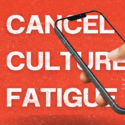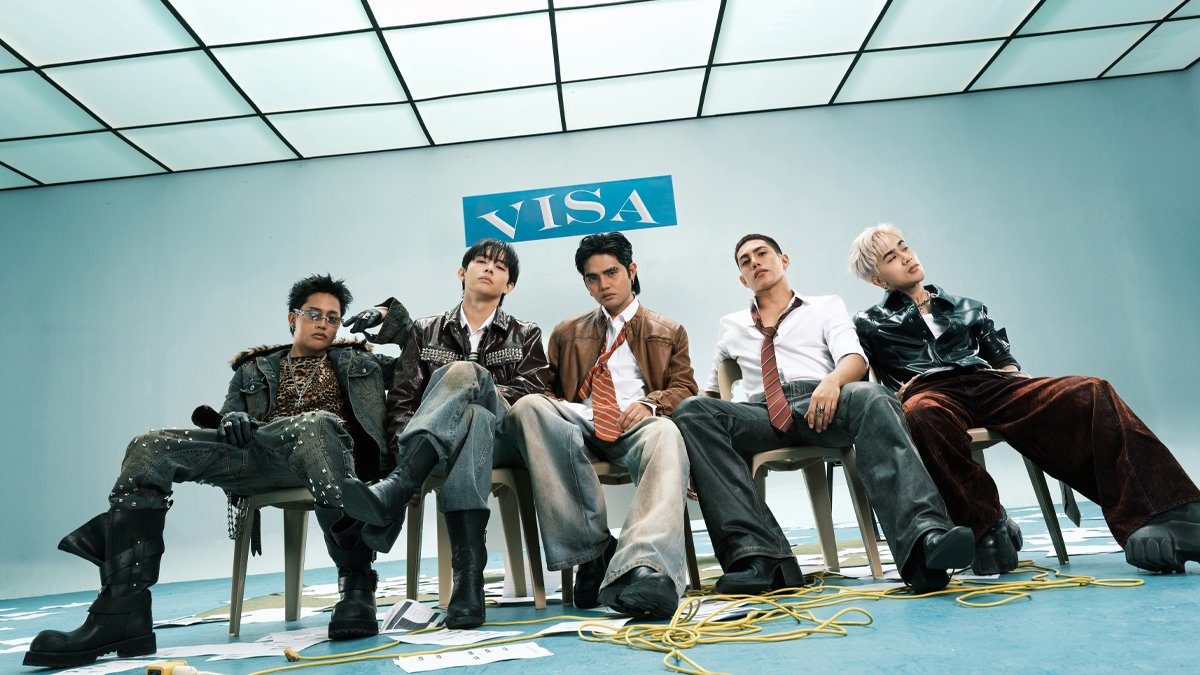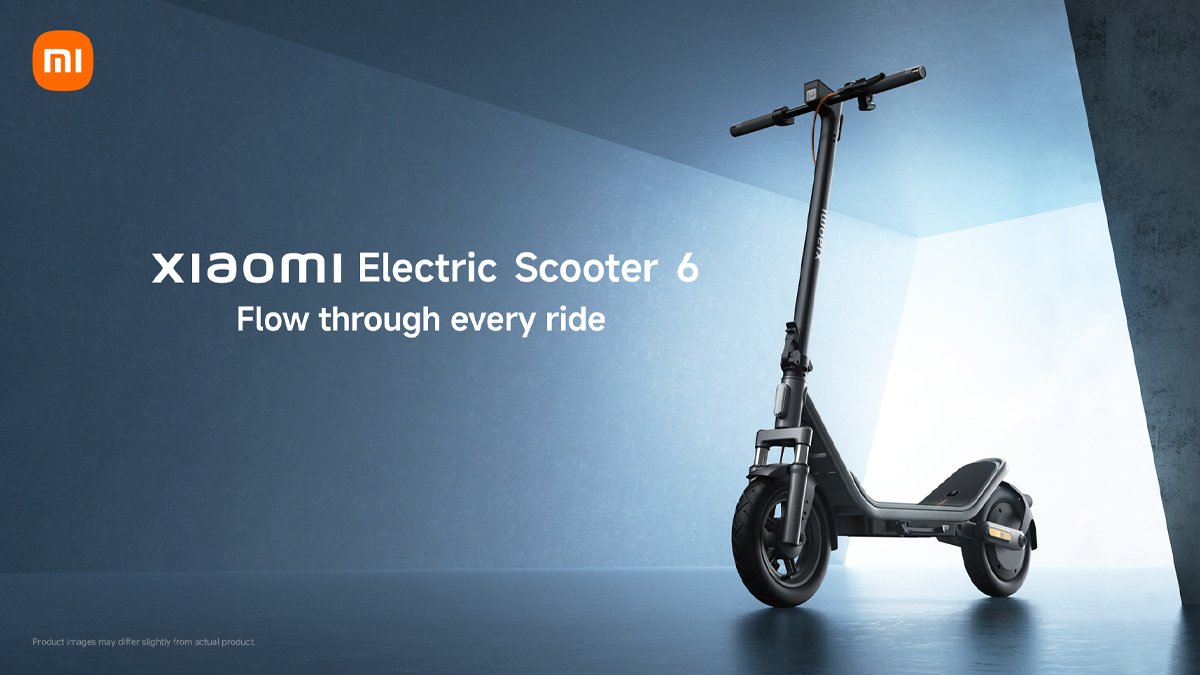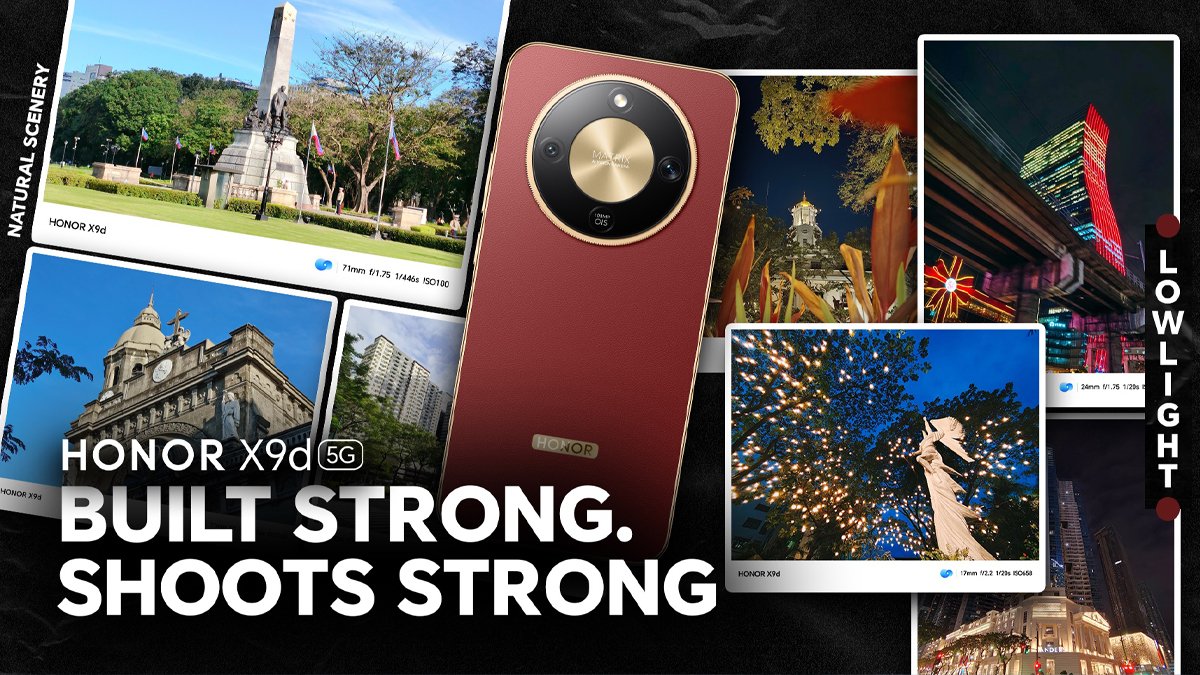Cancel Culture Fatigue: The Mental Toll of the Online Microscope

It starts with a comment, a post, or maybe just an old tweet you forgot about. Suddenly, it’s shared, dissected, and criticized. Your phone buzzes nonstop. The anxiety hits. You wonder, Did I say something wrong? Will I get canceled?
For many Gen Zs, that fear is no longer hypothetical. It is part of living online. In a world where one post can define you, the pressure to be flawless on the internet has become overwhelming. Cancel culture, once seen as a way to hold powerful people accountable, is now contributing to something else: emotional burnout, anxiety, and self-censorship among everyday young people.
The Fear of Being Watched All the Time
Gen Zs are the first generation to grow up fully online. Social media is not just a tool. It is where friendships form, ideas are shared, and identities are built. But that constant connection comes with constant visibility. Every word, photo, or video can be screenshotted, reposted, and judged.
Studies reflect this pressure. According to a 2022 Pew Research Center report, nearly 6 in 10 teens feel pressure to look “perfect” online, and many say they are exhausted from trying to manage how they come across digitally. But this is not just about appearance. There is a deeper fear: being misunderstood, taken out of context, or targeted for an opinion.
Many Gen Zs admit they second-guess everything they post, from political takes to jokes to simple captions. The result is often silence or withdrawal. The emotional energy it takes to “stay safe” online can be overwhelming, so people stop sharing altogether. Authenticity is replaced with caution, and creativity becomes filtered through fear.
CANCEL: When Accountability Turns Into Public Shaming
There is a difference between calling someone out and tearing them down. While the original goal of cancel culture was to demand accountability, especially from people with influence, it has increasingly turned into public punishment. Even when someone apologizes or explains, the internet is not always ready to listen.
That is a problem. Mental health experts warn that public shaming, especially at a young age, can lead to long-term emotional harm, including anxiety, depression, and feelings of isolation. And for Gen Zs, who are still figuring out who they are and what they believe, being publicly attacked for a mistake does not always lead to growth. It often just leads to fear.
There is also the issue of context. Online platforms flatten everything. A comment from five years ago, taken out of its moment, can go viral in seconds. People are often judged without nuance, and cancellation can happen from a single screenshot, often without any meaningful conversation. This can create an environment where learning is discouraged. People avoid speaking at all rather than risk being wrong.
So Where Do We Go From Here?
None of this means that people should not be held accountable for harmful actions. Accountability matters. But when it crosses into shame-driven attacks, it can do more harm than good, especially for people who are still learning, growing, and figuring things out.
If we want an internet that is both responsible and human, we need to allow space for reflection and growth. That means listening before reacting. It means recognizing that not every mistake deserves a lifetime sentence. That means remembering that behind every post is a real person.
Cancel culture fatigue is not about avoiding responsibility. It is about recognizing the mental toll of living under constant digital scrutiny. Gen Zs deserve to feel safe not just from harm, but also from the fear of being permanently defined by a single mistake.









